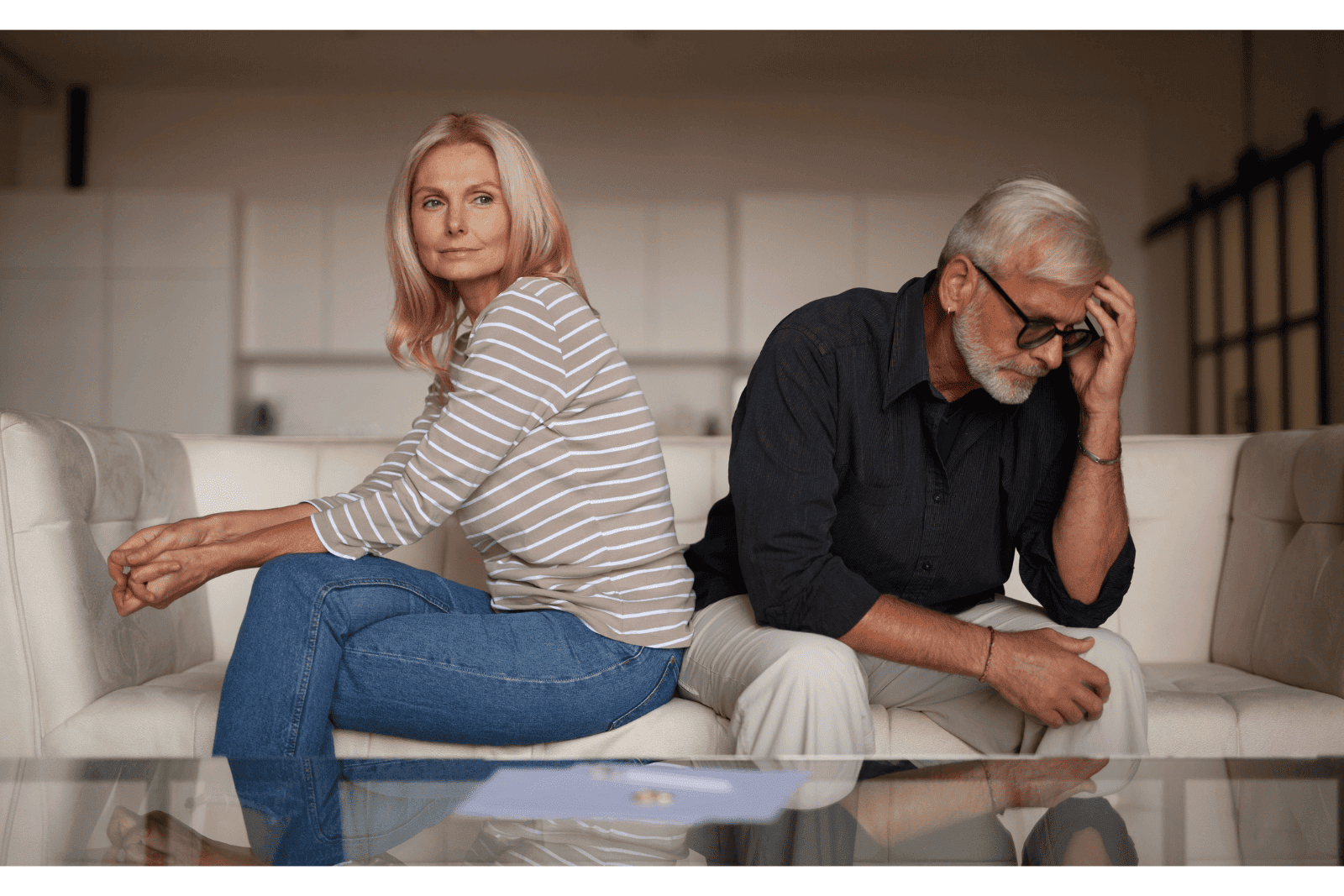
Hearing is a fundamental sense that plays a pivotal role in our daily interactions and relationships. Imagine the joy of conversing with loved ones, the thrill of listening to music, or the satisfaction of hearing the gentle rustling of leaves on a peaceful afternoon. Unfortunately, hearing loss can gradually diminish these experiences, impacting not only our quality of life but also our relationships.
The Impact of Untreated Hearing Loss on Relationships
Hearing loss is more than just a physical condition; it’s a social and emotional challenge. Untreated hearing loss can lead to a breakdown in communication, causing frustration, misunderstandings, and social isolation. It can strain relationships with family, friends, and colleagues, as affected individuals may become withdrawn, less engaged, or even depressed.
One crucial point to understand is that hearing loss often occurs gradually, making it easy to ignore the early signs. This underscores the importance of regular hearing check-ups to detect issues early and initiate appropriate treatment.
The Latest Advancements in Prevention and Diagnosis
Noise Protection:
Hearing loss prevention begins with protecting your hearing from loud noises. Modern hearing protection devices, such as custom earplugs and noise-canceling headphones, offer effective solutions to shield your ears from harmful noise levels while preserving sound quality.
Early Detection:
The sooner hearing loss is identified, the more effective treatment can be. Recent advancements in diagnostic technology have made it easier to detect hearing issues in their early stages. Audiologists now use comprehensive hearing evaluations, including pure-tone audiometry, speech audiometry, and otoacoustic emissions (OAE) testing, to accurately assess hearing capabilities.
Smartphone Apps:
Innovative smartphone applications are available that can act as early warning systems for hearing loss. These apps use sound analysis algorithms to monitor your exposure to loud noises and provide real-time feedback on your hearing health.
Effective Management of Hearing Loss
Hearing Aids:
Hearing aids have come a long way in terms of technology and design. Modern hearing aids are discreet, comfortable, and offer superior sound quality. Some are equipped with Bluetooth connectivity, allowing users to stream audio directly from their smartphones or other devices. This connectivity enhances the listening experience and makes it easier to engage in conversations or enjoy media.
Cochlear Implants:
For individuals with severe to profound hearing loss, cochlear implants are a revolutionary solution. These electronic devices bypass damaged parts of the ear and stimulate the auditory nerve directly, restoring hearing sensations. Recent developments in cochlear implant technology have improved speech recognition and sound localization, making them a viable option for many.
Assistive Listening Devices (ALDs):
ALDs have become increasingly sophisticated, aiding in various listening scenarios. Devices like personal FM systems, captioned telephones, and loop systems can enhance communication in noisy environments, over long distances, or during important phone conversations.
Communication Strategies:
Audiologists are now offering communication training to individuals with hearing loss and their loved ones. These strategies teach effective ways to communicate in challenging listening situations, reducing frustration and misunderstandings.
Future Possibilities in Hearing Health
Looking ahead, the field of audiology is exploring futuristic interventions that hold the promise of further improving the lives and relationships of individuals with hearing loss.
Regenerative Therapies:
Researchers are actively investigating regenerative therapies that aim to restore damaged hair cells and sensory cells within the inner ear. These treatments have the potential to reverse some types of hearing loss, bringing us closer to a true cure.
Artificial Intelligence (AI):
AI-driven hearing aids and cochlear implants are on the horizon. These devices will continually adapt to the wearer’s environment and preferences, providing an unparalleled listening experience.
Teleaudiology:
The COVID-19 pandemic accelerated the adoption of teleaudiology services. This trend is likely to continue, providing convenient access to hearing healthcare for individuals in remote or underserved areas.
Hearing loss should not be underestimated. It has a profound impact on relationships, affecting our ability to connect with others and fully enjoy life’s sounds. The good news is that modern advancements in hearing loss prevention, diagnosis, and management have provided us with a wealth of options to improve hearing health.
Early detection remains the cornerstone of effective treatment. Regular hearing check-ups with a qualified audiologist can help identify hearing issues before they strain relationships. With innovative hearing aids, cochlear implants, assistive listening devices, and communication strategies, individuals with hearing loss can experience a richer, more fulfilling life and maintain strong connections with their loved ones.
As leading audiologists, our mission is to emphasize the importance of hearing health and empower individuals to seek help when needed. Treating hearing loss is not just about restoring sound; it’s about enhancing relationships, improving well-being, and rediscovering the beauty of the world through its sounds. Together, we can make a world of difference in the lives of those with hearing loss.
